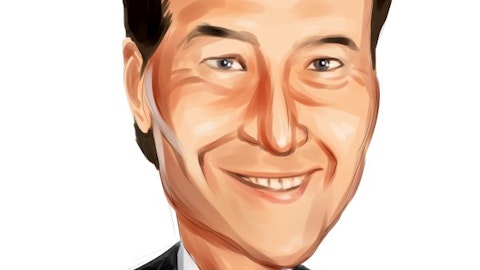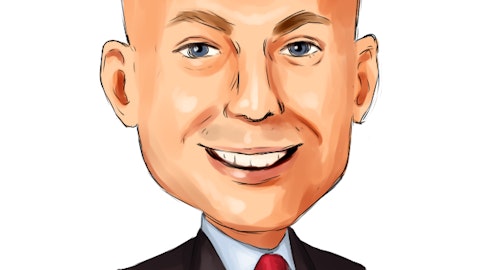You don’t necessarily need millions of dollars to invest like an activist investor such as Carl Icahn or Bill Ackman. Extensive research has concluded that activist targets tend to greatly outperform stock market benchmarks, which is one of the primary reasons that a high number of individual investors track activist campaigns. Activist investors piling up more than 5% of a company’s outstanding common stock and planning to push for changes at the company in question must submit a Schedule 13D filing with the SEC within ten days following the acquisition of those shares. With that in mind, the following article will examine and discuss three 13D forms filed by several hedge funds monitored by Insider Monkey.
Let’s first take a step back and analyze how tracking hedge funds can help an everyday investor. Through our research we discovered that a portfolio of the 15 most popular small-cap picks of hedge funds beat the S&P 500 Total Return Index by nearly a percentage point per month on average between 1999 and 2012. On the other hand the most popular large-cap picks of hedge funds underperformed the same index by seven basis points per month during the same period. This is likely a surprise to many investors, who think of small-caps as risky, unpredictable stocks and put more faith (and money) in large-cap stocks. In forward tests since August 2012 these top small-cap stocks beat the market by an impressive 53 percentage points, returning 102% (read the details here). Follow the smart money into only their best investment ideas all while avoiding their high fees.
In a freshly-amended 13D filing with the SEC, Samuel Isaly’s Orbimed Advisors reported owning 1.70 million shares of Ascendis Pharma A/S (NASDAQ:ASND), accounting for 6.78% of the company’s outstanding stock. This compares with the 1.45 million-share position revealed in its first (and latest) 13D filing on the biopharmaceutical company, which was submitted with the SEC at the beginning of the year. The clinical-stage biotechnology company that utilizes its TransCon technology to develop products that treat unmet medical needs has seen its stock decline by 10% since its initial public offering that took place at the end of January. Ascendis Pharma A/S (NASDAQ:ASND) raised $108 million by offering to the public 6.0 million shares at an IPO price of $18. The company’s lead product candidate, TransCon hGH, aims to treat growth hormone deficiency, and is believed to have great potential should it get approved. Ascendis plans to initiate a Pivotal Phase III trial in pediatric growth hormone deficient patients in mid-2016. The worldwide sales from the currently commercialized hGH products climbed to over $3 billion in 2013, according to Medtrack.
Follow Sam Isaly's OrbiMed Advisors
Nevertheless, the biotech stock lost its charm within the hedge fund industry in the third quarter, as the number of smart money investors with positions in the company decreased to 13 from 19. The value of their investments dropped to $91.22 million from $109.74 million quarter-over-quarter, while the stock was flat during that time. At the same time, these hedge fund firms held slightly more than 21% of the company’s shares on September 30. Peter Kolchinsky’s RA Capital Management cut its position in Ascendis Pharma A/S (NASDAQ:ASND) by 451,885 shares during the third quarter to 1.46 million shares.
Let’s head to the next page of the article, where we discuss the recently-made moves of activist JANA Parners and healthcare-focused Baker Bros. Advisors.





